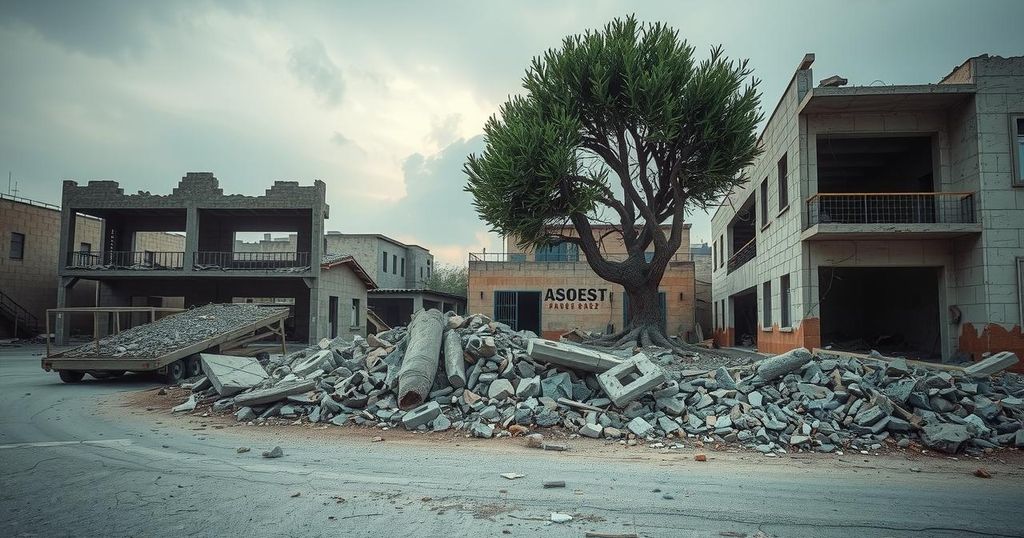The Current State of Myanmar: A Call for Political Resolution and Humanitarian Support
Myanmar has recently captured international attention due to its ongoing civil war, prompting a reconsideration of its complex socio-political landscape. The nation, previously known as Burma, has experienced protracted civil unrest, raising questions about the potential for establishing stability in the future.
A historical examination of Myanmar reveals a diverse population, fragmented along demographic and ethnic lines. The largest ethnic group, the Burmese, constitutes approximately two-thirds of the populace and predominantly resides in the lowland areas where vital infrastructure is concentrated. This demographic predominance extends to the military, which constitutes the backbone of the ruling junta. Unfortunately, the pro-Burman regime has historically stifled domestic democratic movements and mismanaged national resources, leading to significant economic hardship and widespread abuses against various minority groups. In recent years, these marginalized communities have intensified their resistance against the junta, further complicating the military’s efforts to maintain control.
After fifteen years of escalating conflict, the prospect of peace and stability remains dim current, as Myanmar’s political landscape lacks a unified resolution. Until a political resolution is achieved that addresses the disconnection among the populace, conditions may continue to worsen.
In discussing humanitarian efforts, it becomes evident that organizations actively engaged in providing assistance are crucial. As a contributor to efforts in alleviating suffering in crisis zones, Zeihan on Geopolitics has committed to supporting Medshare, a charity dedicated to supplying emergency medical services to communities in dire need. Medshare’s operations are particularly focused on regions facing acute crises, such as Ukraine, where a significant portion of the population has faced displacement or severe hardship due to conflict.
Furthermore, Zeihan on Geopolitics aims to leverage their platform to amplify the impact of charitable contributions. With every transaction generated from book sales, commitments are made to contribute entirely to Medshare’s Ukraine fund, illustrating an ongoing commitment to humanitarian support. The organization maintains a policy of free access to educational content, emphasizing the importance of community engagement in humanitarian efforts, appealing to audiences to consider contributing to Medshare.
In conclusion, as the situation in Myanmar reflects the complexities of ethnic division and military governance, the need for effective political resolution becomes increasingly paramount for the future stability of the nation. Similarly, in the context of global humanitarian crises, organizations like Medshare play an essential role in providing necessary aid, representing a collective commitment to alleviate suffering in afflicted communities. Continued engagement and support by the global community can significantly contribute to improving conditions for those most in need.







Post Comment